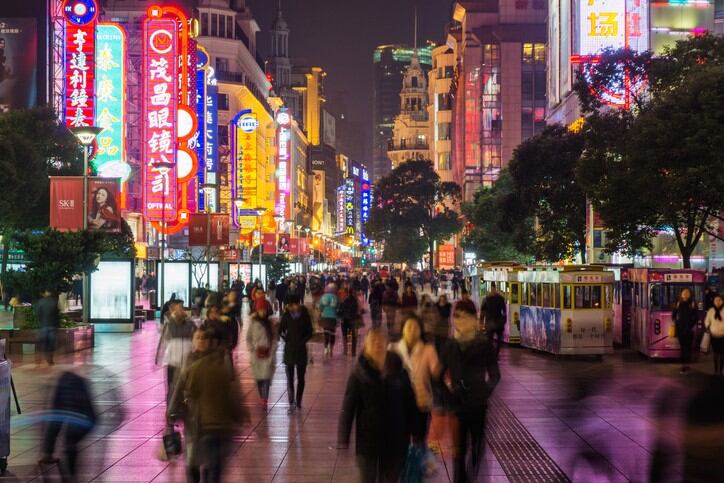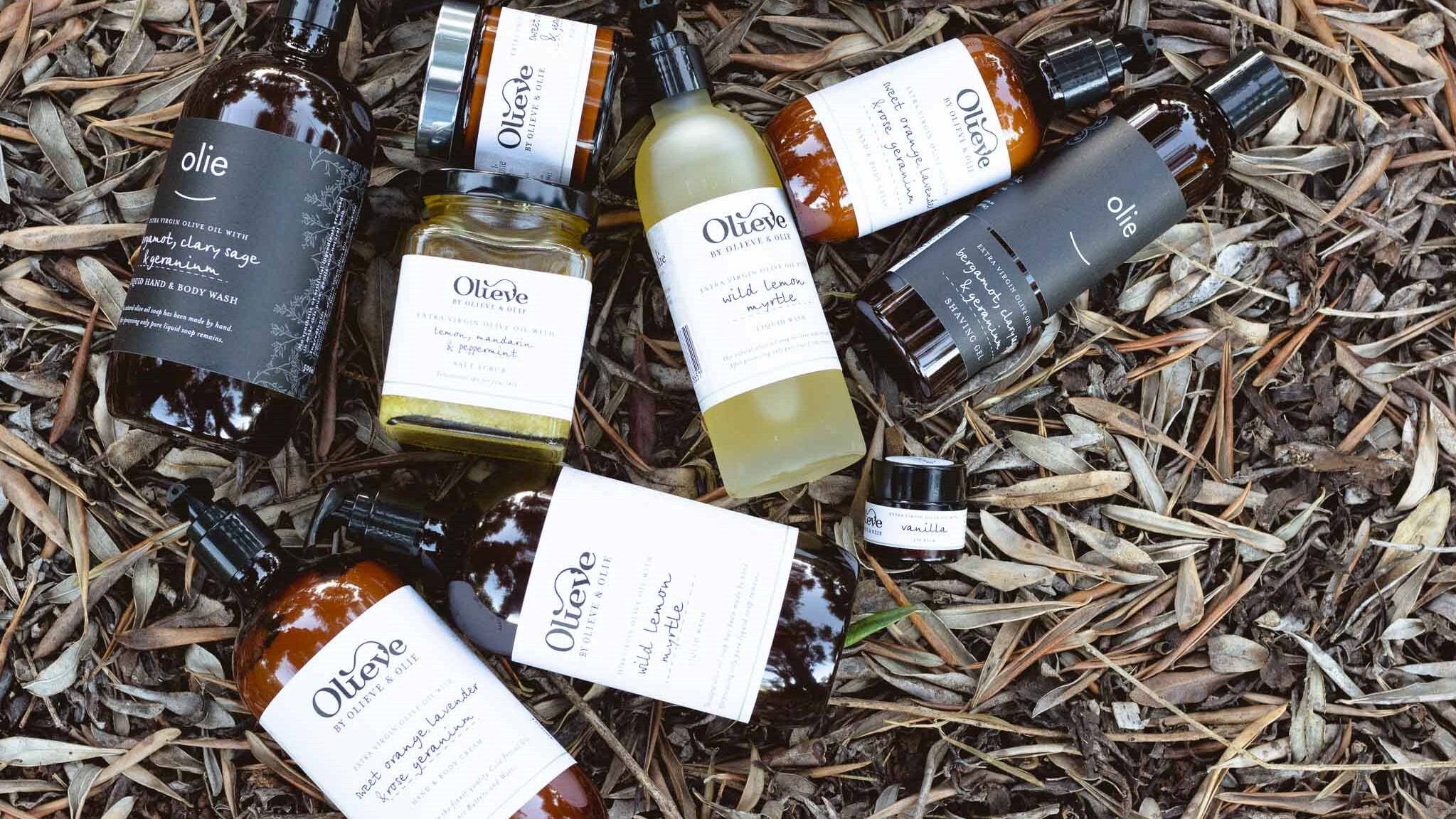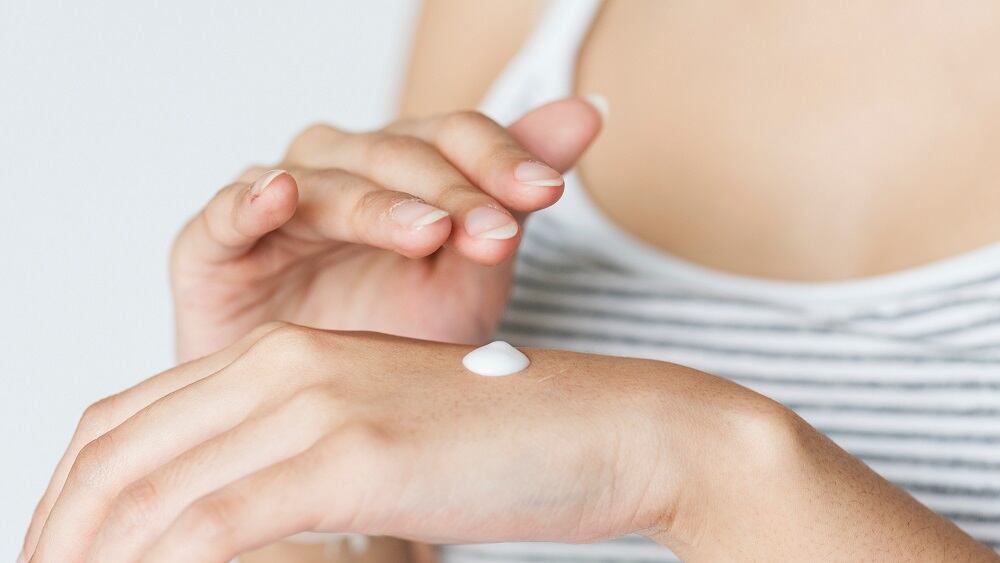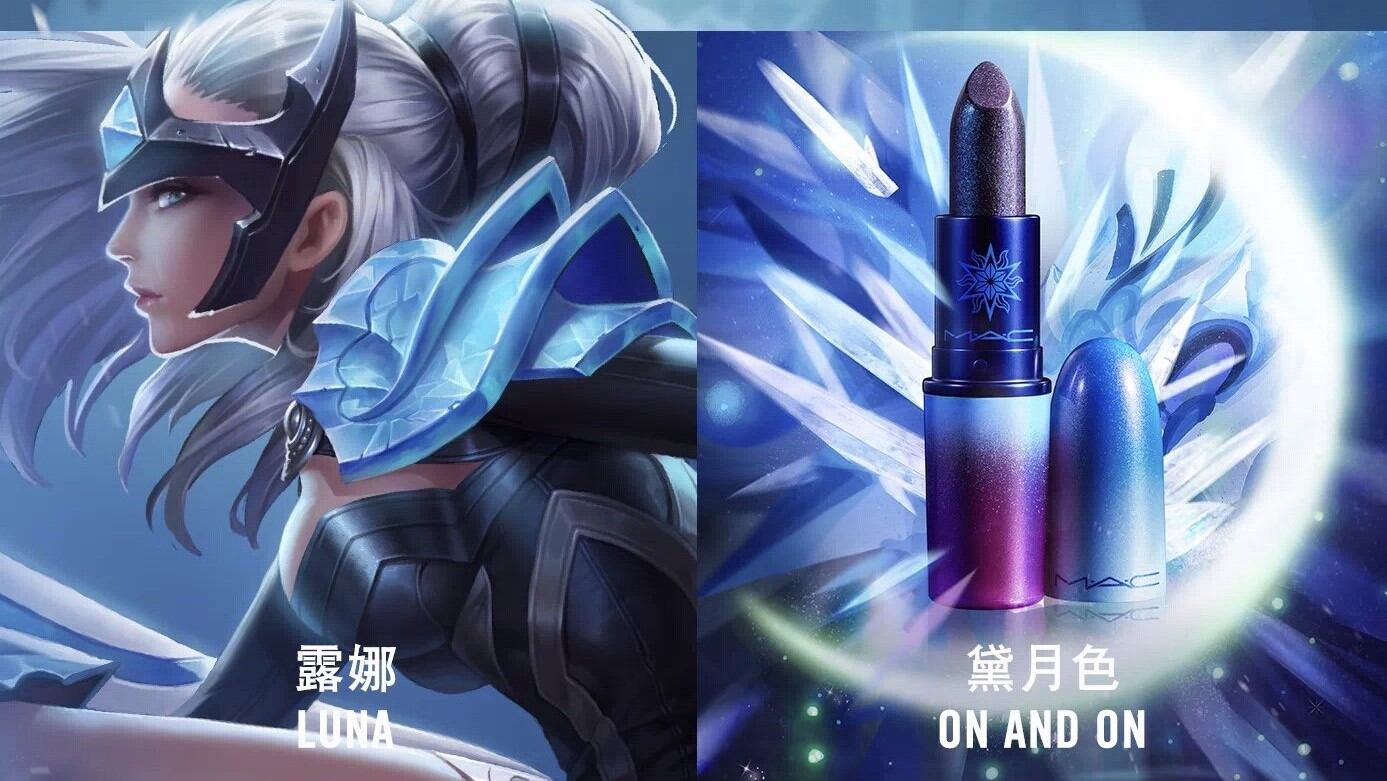1 – Start-ups and innovation focus: Shiseido unveils new China business office in Shanghai
Shiseido Company has opened a new China Business Innovation and Investment Representative Office in Shanghai, China, with the aim of building alliances with start-ups and innovating to meet the needs of Chinese consumers.
Under the direction of the company’s global headquarters, the new office will be led by Carol Zhou and act as an operational hub.
According to the company, the China Business Innovation and Investment Representative Office was conceived in response to the growing number of start-ups.
“With its increasing number of start-ups and outstanding, entrepreneurial think-outside-the-box talents, China is expected to accelerate its continuous delivery of innovations and new business models,” said the company in a statement.
2 – Avon Products sells its manufacturing business in China to TheFaceShop
This week the global beauty company announced having reached an agreement with TheFaceShop, a subsidiary of LG Household & Health Care Ltd, to sell its China-based manufacturing operation. And while Avon will profit financially from the sale, initially not much else will change.
Avon beauty products for sale in and beyond China will still be made at the plant in Guangzhou, China, even after the sale to TheFaceShop is complete (in February of this year, pending regulatory approval).
Describing the strategy behind the sale, Avon CEO Jan Zijderveld, says, “This transaction is a significant step forward in our efforts to 'Open Up Avon' by operating more efficiently, with a leaner, more agile global infrastructure.” And, he goes on to note that, “This agreement provides us with greater operational and financial flexibility.”
According to the press release about the deal, Avon Products will net $44 million in proceeds.
3 – Cosmetics sales boost LG H&H figures despite China volatility
South Korea’s LG Household & Health Care has delivered its best quarterly performance with help from its cosmetics division which recorded strong double-digit growth, despite market volatility due to falling numbers of Chinese tourists.
The company’s fourth quarter saw sales increase 14.2% to ₩1.7tn ($1.5bn), while its operating profit increased 13.9% to ₩211bn ($189m).
The boost was driven largely by the cosmetics division, which saw sales surge 18.2% to ₩1.1tn ($983m) won while operating profit increased 13.8% to ₩192bn ($171m).
For FY18, the company’s cosmetics business grew 19.1% and 23.1% in total sales and operating profit respectively.
4 – The Art of prosperity: How to create effective Chinese New Year beauty collections
Special edition beauty collections are an integral part of festive periods, but creating a successful one is not as easy as it looks. We speak to Matthieu Rochette-Schneider of centdegrés to find out what makes a beauty collection worthy of ushering in the Lunar New Year.
Celebrated across Asia, the Chinese New Year period is an important sales window. The festival is the perfect opportunity for brands, especially foreign ones, to show Chinese consumers how well they understand their culture, noted Rochette-Schneider.
“Creating occasional collections is a good strategy to attract consumers’ attention and connect in a deeper way with them. Consumers are sensitive to brands' efforts towards exploring and reinterpreting their cultural heritage as long as it’s done in a humble and respectful way.”
5 – Safety and prestige driving natural and organic beauty demand in China
Chinese luxury consumers are seeking out natural and organic personal care products for the sake of safety, and the allure of prestige.
Along with the rising trend towards eco-friendliness, health and wellness in Chinese society, the demand for “clean” beauty products will continue to rise, said Lee Folland head of research at Reuter Communications, a luxury intelligence, digital, communications and marketing agency.
In a recent study conducted by Reuter Communications, it was revealed that luxury consumers in China have a preference for organic ingredients, especially consumers in the millennial and Generation X age bracket.
Folland elaborated that the study identified that these consumes are very knowledgeable about ingredients, as well as brands and products.





